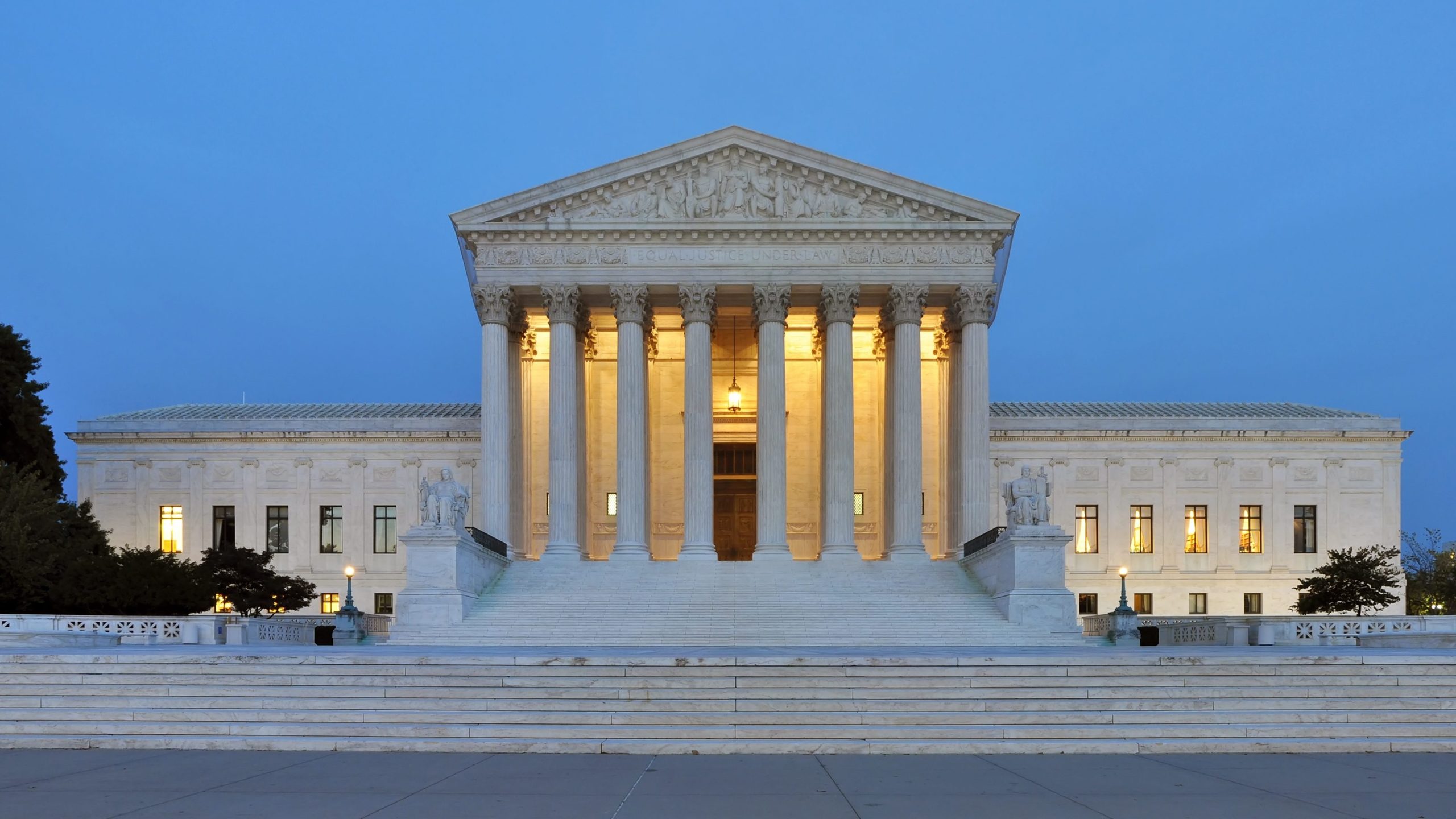Monday, the U.S. Supreme Court struck down a 25-year old law that limited legalized sports betting to just the state of Nevada.
New Jersey Governor Chris Christie brought the suit because he believed that the law put casinos in Atlantic City at a distinct disadvantage to casinos in Los Vegas that have become the recognized hub for the lucrative sports betting industry.
Barring action by Congress, New Jersey will immediately be rolling out their new sports betting books. Several states will be following suit, but today’s ruling does not change the law in Alabama. Legal experts have told the Alabama Political Reporter that the Constitution of Alabama has its own prohibition against games of chance.
“The only legal form of gambling is dog racing, betting on simulcast racing at dog tracks and local bingo with cards,” Gadsden area attorney Eddy Cunningham told APR.
Foundation for Moral Law President Kayla Moore said that the, “Supreme Court ruling has nothing to do with the Alabama Constitution. It’s a matter left to the states.”
Cunningham believes that this is a source of revenue that the state should consider tapping.
“This will be the way out of trouble for our general fund and education,” Cunningham said. “Millions are already being bet in Alabama illegally. If we legalize sports betting, we do away with bookies. And we can tax the heck out of it and regulate it.”
Cunningham suggested that there would be some benefit from bringing sports betting out of the underground economy and into the light.
“For the first time, families have a chance of knowing if a family member is gambling,” Cunningham said. “Each bettor is going to get a 1099. Sorts betting by and large, is not done by poor people.”
Changing the Alabama Constitution will not be easy even if there was any effort to do so.
A gambling bill would have to be a constitutional amendment. For an amendment to pass, it must be approved by three fifths of both Houses of the legislature. Former Governor Robert Bentley called a special session in 2015 to pass a lottery plan. While a lottery bill passed both Houses, they could not agree on a plan between them.
Not only do many Alabamians object to expanding gambling, but to actually get legislation through the legislature also means dealing with the vested gambling interests.
The owners of existing facilities in Shorter, Birmingham, Mobile, Dothan, Greene County, and Lowndes County will want their little fiefdoms protected from competition or they will not support legislation. The Poarch Creek band of Indians (PCI) operate three electronic bingo halls that reportedly generate over $100 million a year in revenue.
This almost certainly means that any legislation allowing the large Vegas based casinos to bring their operations and expertise into Alabama is dead on arrival in the legislature. Additionally, many conservatives that do not necessarily oppose gambling expansion, do oppose giving special privileges to a handful of privileged gambling bosses that other businessmen and communities in Alabama are not given the same opportunity to pursue.
Democratic gubernatorial candidates Sue Bell Cobb and Walt Maddox have introduced lottery plans. The viability of an Alabama lottery would be highly suspect if neighboring states like Mississippi, Florida, Georgia, and/or Tennessee make sports betting legal. Legalized sports betting at the nearest state line would likely slow any potential revenue (already very suspect) to a trickle.
Then there are the social costs of dramatically increasing the pressure on citizens to gamble their money away.
“This litigation was conceived in greed by powerful gambling interests in partnership with a handful of self-serving politicians to benefit a privileged few,” the public advocacy group Stop Predatory Gaming said in a statement. “It’s a naked money grab from the wallets of ordinary Americans cloaked as a “states’ rights” case.” “The American people lost $117 billion on state-sanctioned gambling in 2016, causing life-changing financial losses for millions of citizens. It directly contributes to the lack of mobility out of poverty that traps so many. This serious national problem will be made far worse if the government is allowed to operate and advertise sports betting.”
“Sports betting is especially dangerous for American kids,” Stop Predatory Gaming continued. “Studies show that children in those countries with legal sports gambling are repeatedly exposed to harmful messages and advertisements about sports gambling. It normalizes gambling for kids.”
The NFL, MLB, NHL, NBA, and the NCAA all opposed opening up more sports betting and all were parties to opposing New Jersey’s effort before the courts.
To further complicate matter the NFL is calling for more federal legislation. The NFL said in a statement after the ruling:
“We intend to call on Congress again, this time to enact a core regulatory framework for legalized sports betting. We also will work closely with our clubs to ensure that any state efforts that move forward in the meantime protect our fans and the integrity of our game.”






















































